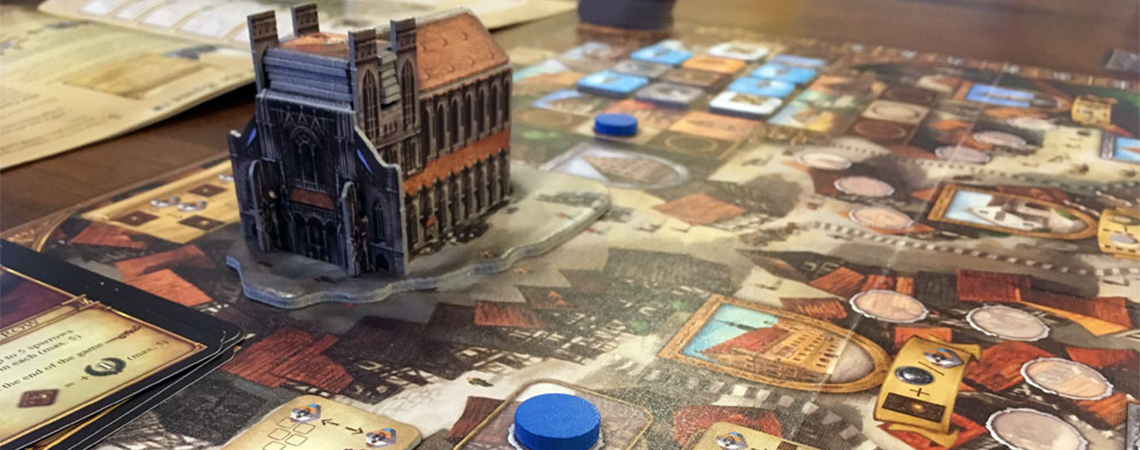By Peter Sung, Conference Coach, PacNWC
 Sometimes it can feel like there is only one way to play the game, and the church has to play by their rules.
Sometimes it can feel like there is only one way to play the game, and the church has to play by their rules.
They make the rules because:
- They have more money;
- They are connected to mainstream culture; and
- They work towards a concrete product.
The church is, on the other hand:
- Lacking money;
- Working with volunteers; and
- Working towards a less concrete product.
In other words, most entities play the short game while the church is tasked with playing the long game.
There are 3 kinds of games: the short game, which seeks to achieve immediate results, the long game, which looks to build something greater, and the infinite game, which works towards gains beyond now or later. The longer the play, the less concrete the product.
Guess which game the church is called to play?
In the work of the church, every short game is to be framed within the long game which itself is framed within the infinite game. Without the long game, the short game is meaningless. Without the short game, the long game is impossible. Both games are steps of faith towards the infinite game.
In the church, the telos, or end of all games, is ultimately Christ.
Actually, in all games, within and without the church, the end is Christ, according to scripture. No org can persist with just the short game. Even the long game runs out (just ask Bill Gates). So ultimately, there remains only Christ, anywhere, everywhere.
So maybe the church has been set up by God to play the only game that ultimately matters. The church is playing the ultimate game.
A new church tends to focus on the short game and make plans for the long game. An established church tends to be familiar with the long game but may have lost its touch in the short game. A question that emerges is: How can both categories of churches partner up to level up in the eternal game of being the church?

